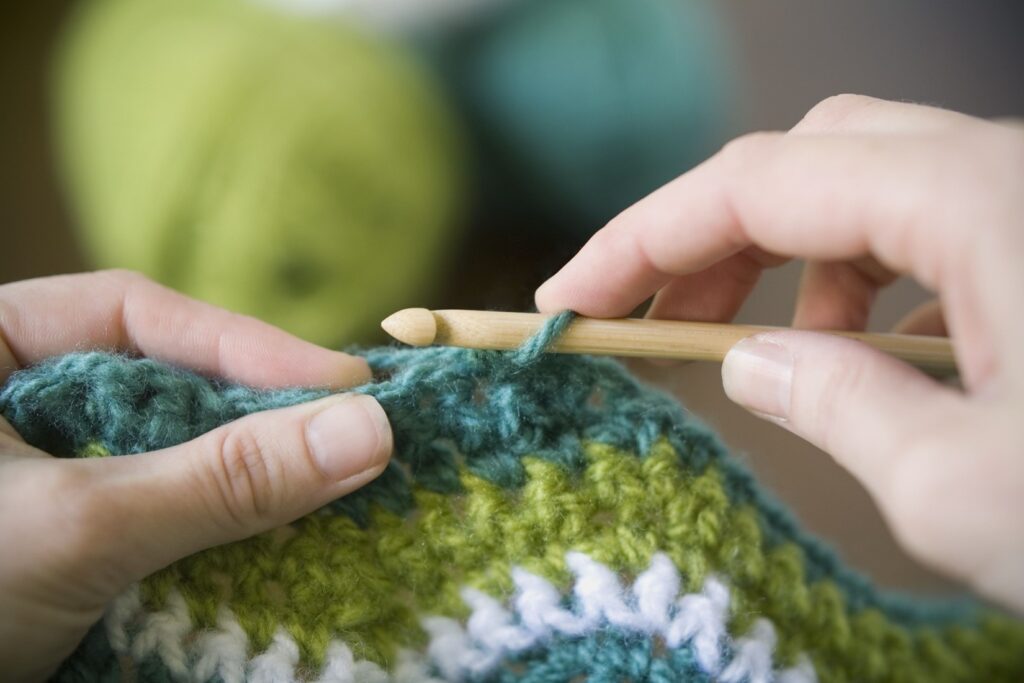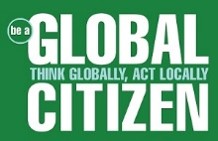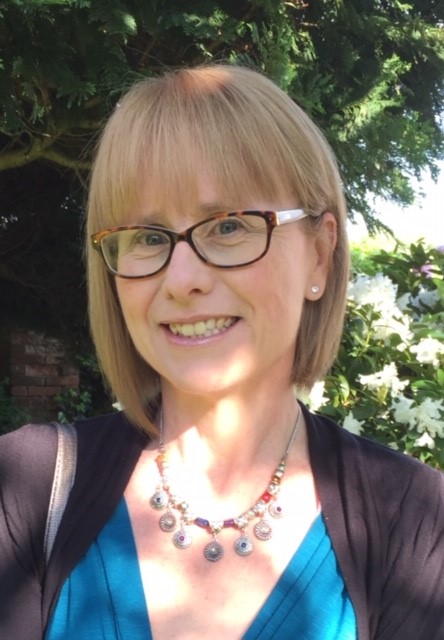“Man through the use of his hands as they are energised by mind and will, can influence the state of his own health” (Reilly, 1961)
A long time ago when I was considering what I wanted to do with my life, a lady from my church told me about occupational therapy and gave me some books to look at. As I sat thumbing through them wondering why I had never heard of occupational therapy before, I stumbled across this quote and it changed my life! I remember reading it and dwelling there on the page for a long time, contemplating what it meant and feeling like I had found some connection. I knew that I wanted to work with people, and like many of us, I also knew that I wanted to ‘help’ and ‘care’ for others but was struggling to find the right avenue and a profession that resonated with me and who I am as a person.

This quote has become my primary point of reference throughout my career and over the last weeks and months I have been reflecting upon this once again and have found a new and quite profound line of thinking. I have been considering this in the context of a global pandemic and how I have turned to the things that are meaningful in my everyday life to cope and care for myself in such extraordinary times. But more than this, I have begun to consider how it is in the doing of the small things in my own life that I can influence the state of health for others around me; in my family, local community, nation and world. I have considered how living my life well in these times can enable me to feel like a global citizen with shared meaning and purpose with others.

It feels like as individuals, groups, communities and populations worldwide are connected and have shared experiences of everyday life through COVID-19. While this has brought some differences of opinion and position politically, it has mainly united people around the world to work towards prevention, recovery and survival in terms of quality of life and looking after our wider wellbeing through experiences of occupational imbalance and disruption from many of the things we value and need in our everyday lives (Creek, 2010).
So, I am challenged to think about what I can ‘do’ in a global crisis while avoiding the temptation to consider myself helpless and powerless to make a difference. In returning to the quote from Mary Reilly, I realise that it is very much in my power to influence the state of health for everyone in the way that I go about my business every day. Choosing to stay at home and organise my daily routines to focus on the things that I ‘can do’ has been a powerful decision and one that has required considerable determination and resolve.

I have re-focused family routines to value daily walks from home to the local nature reserve, made mealtimes a new opportunity for connecting with my children and my role as a mother as well as allowing time for returning to hobbies that had become neglected. I have found time for myself to ‘just be’ and sit in the garden, listen to music or read a book. There has been some time and space to engage in things that allow me to think and reflect upon myself, the things that matter to me and my occupational identity, in other words, who I am and who I want to be (Duncan, 2021).
Beyond the pandemic I now begin to see that my occupational choices have the power to influence the health and wellbeing of everyone. It is in the doing of everyday activities of daily living that we make choices and pattern our lives to make our contribution. Every time I sort my recycling, buy ‘fair trade’ goods when I go shopping, use eco-friendly products to clean my home or make time to volunteer in a community project, I make a choice to be a global citizen. To contribute to a healthier and more sustainable world that respects the natural environment in which we live and upholds values that impact the quality of life, health and wellbeing for everyone. The challenge is now to consider how this informs my practice and can contribute to the agenda for ‘sustainable healthcare’ (WFOT, 2012).
‘Incorporating a sustainable perspective broadens our clinical reasoning to consider sustainability and the global environment…think globally, act locally.’ (Whittaker and Roschnik, 2020)

And so, I am thankful to Mary Reilly for her inspiring quote and the impact that it has had on the person that I have become, both personally and professionally. Sometimes it is in the small things that are said that we find the greatest inspiration to change how we see the world and the way that we chose live within it.
Things to reflect upon…
What have you been ‘doing’ during the COVID-19 pandemic to care for yourself?
How have the small and meaningful things in your everyday life helped you to maintain your identity when so many of the things we usually do in our everyday lives have been disrupted?
How has the COVID-19 pandemic contributed to your sense of belonging to a global community?
What have you learned about yourself as a global citizen?

Coventry University
I am an Assistant Professor in the field of occupational therapy at Coventry University with special interest in children and young people with complex physical disability. I have a specific research interest in how spirituality and faith contributes to the experience of health and disability. I am Trustee for the national eating disorder charity ‘tastelife UK’ and deliver their community based recovery course both face to face and online. I am passionate about my three children, walking in the mountains and being creative with crochet!
Comments by Joanne Porter